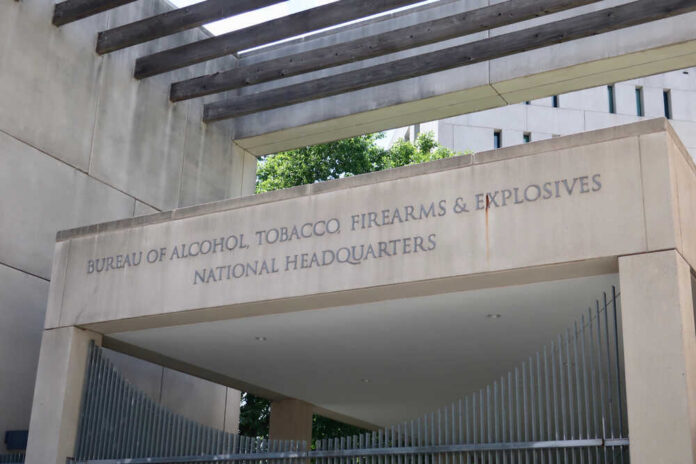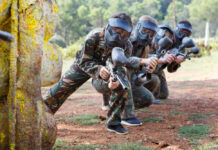
The federal government has intensified scrutiny of gun stores implicated in crimes, resulting in a rise in targeted stores. Recent information from a Freedom of Information Act request reveals that a small number of gun shops are responsible for the majority of guns used in crimes.
In 2023, the Bureau of Alcohol, Tobacco, Firearms, and Explosives focused on over 1,300 outlets, including well-known retailers like Bass Pro Shops and Cabela’s, as well as lesser-known stores like Town Guns and Ammo Bros. Stores associated with high-profile mass shootings are also on the list. Gun store lobby groups criticize the release of the list, viewing it as a campaign against gun shops rather than criminals.
For instance, Bass Pro Shops, which boasts 49 stores on the list, accounts for almost a third of its outlets in the United States. Other major retailers, such as Turner’s Outdoorsman (64% of stores), Scheels (59%), Rural King (26%), Sportman’s Warehouse (21%), and Dunham’s Sports (10%), also feature prominently.
The list includes stores that have had at least 25 guns traced to crimes within a year. The Trump administration raised the threshold from 10 guns traced to crimes in 2018. The goal is to address gun violence and illegal gun trafficking more effectively. The ATF has introduced additional reporting requirements for gun shops to curb the secondary market for guns used in crimes.
Gun violence prevention groups see the release of the list as an opportunity for change. The 2003 law prohibits the ATF from disclosing trace data, but the recently revealed Demand 2 program provides some data. The list includes the nation’s largest gun sellers, but a time-to-crime weighting helps mitigate the impact of volume alone. The ATF’s listing initiative aims to discourage criminal activity while promoting responsible practices in the firearms industry. Gun tracing is crucial for law enforcement efforts to combat crime and public safety.
Retailers play a role in helping law enforcement track crime guns. High sales volumes and a long-standing presence in the industry contribute to appearing on the ATF list. Straw purchasers are a challenge, and it is essential to identify and prevent them. Pistols are the most used firearms in crimes, and certain manufacturers are more frequently traced.
The gun industry supports efforts to prevent straw purchasing and provides training on responsible sales. Being on the Demand 2 list does not automatically imply illegal activities but falls within the ATF’s tracing program. Gun tracing is essential for preventing crime and prioritizing public safety. Cooperation between retailers and authorities is crucial in tracing firearms and ensuring responsible sales.













